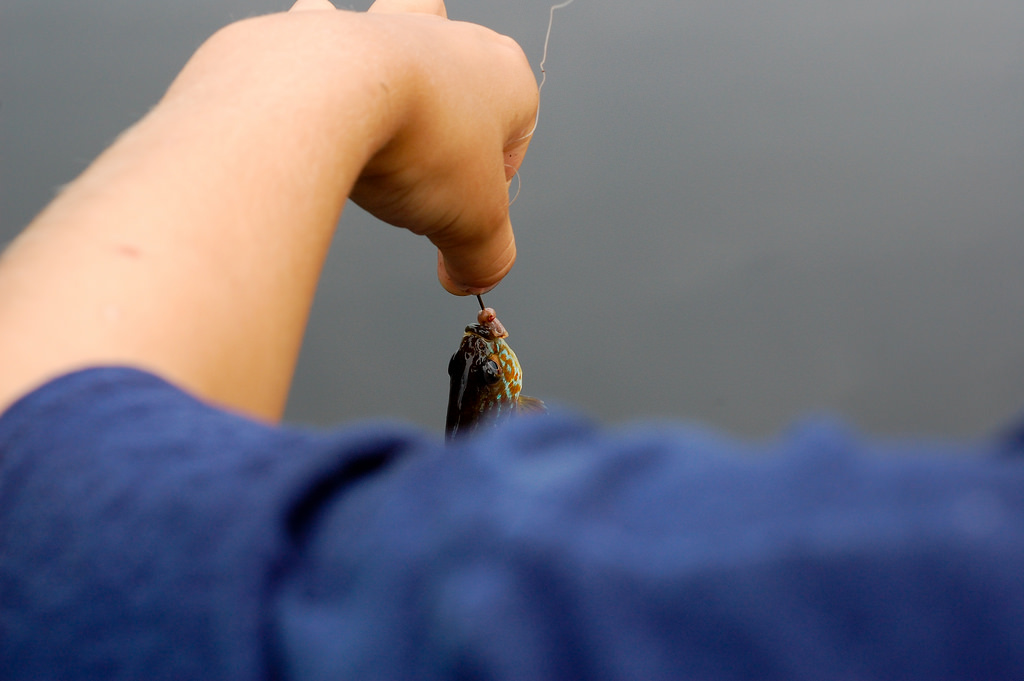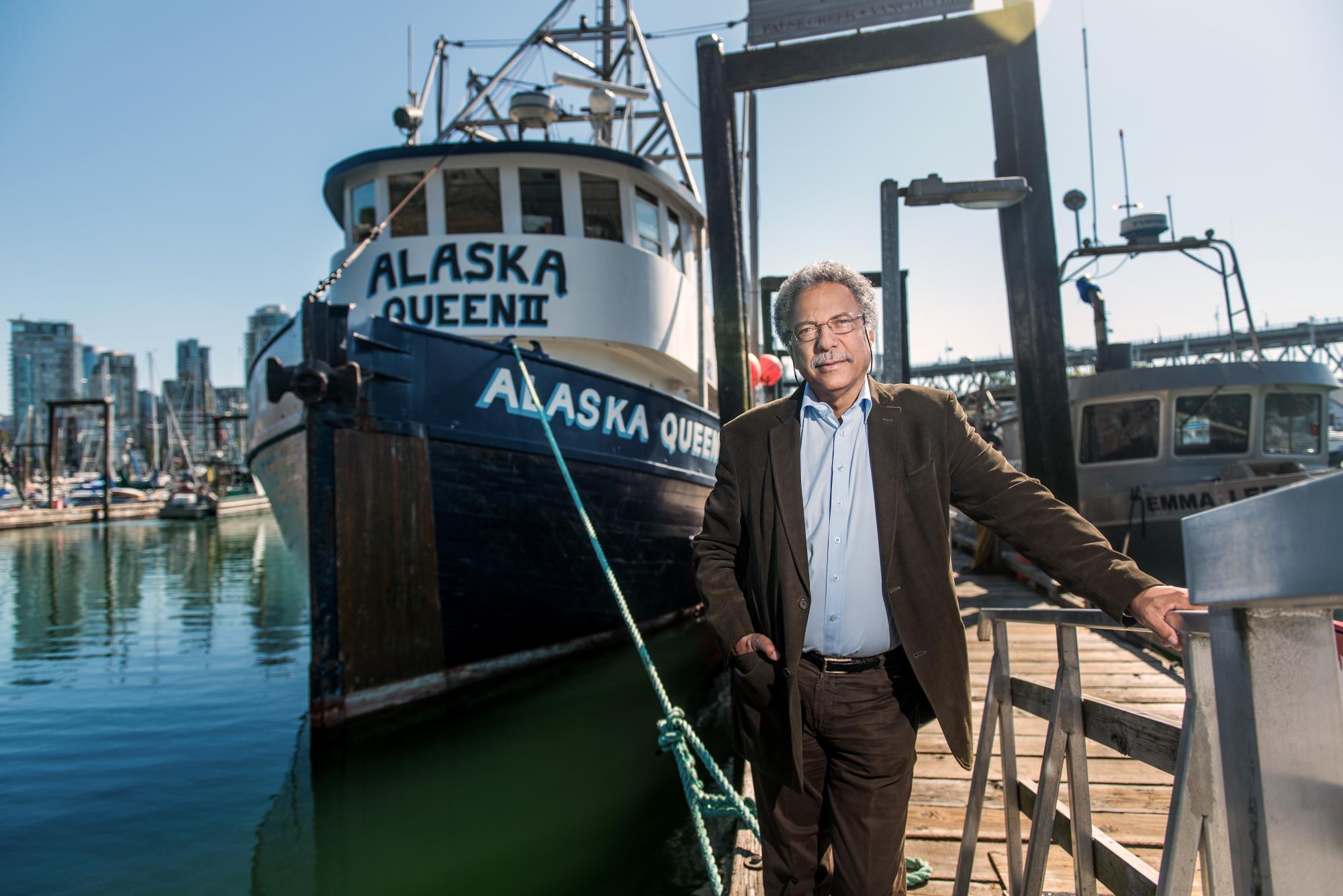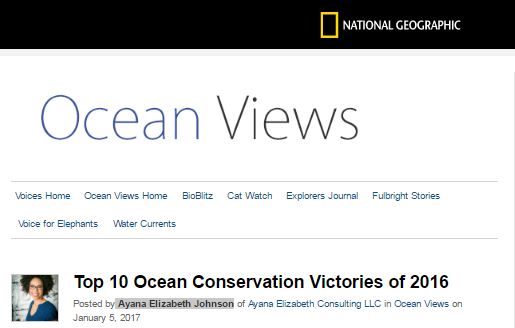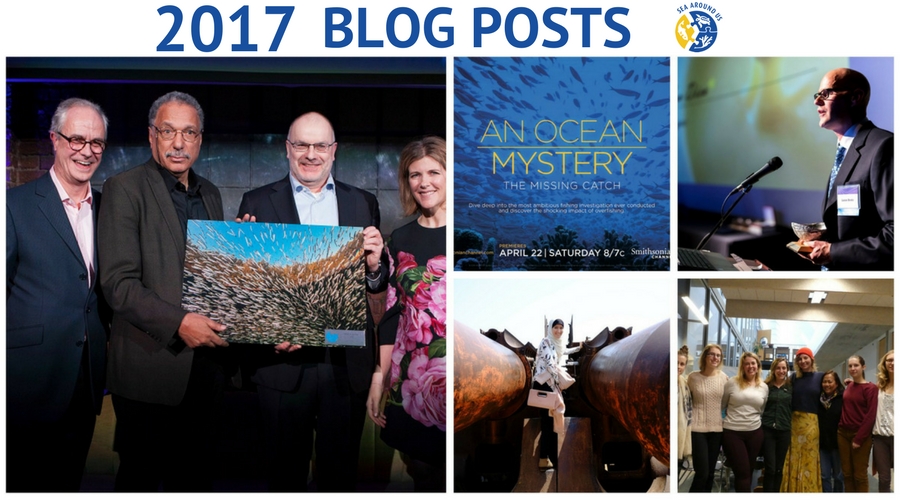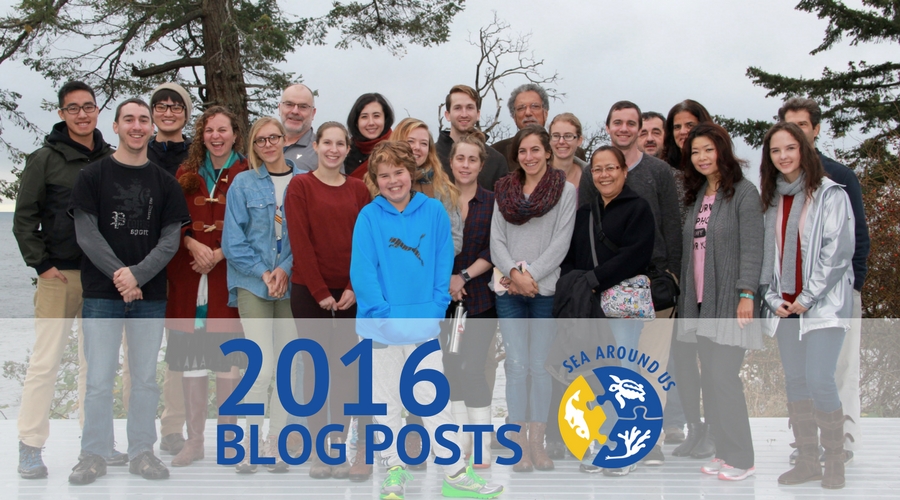As the Sea Around Us team revealed in its 2016 Nature Communications paper, global fish catches have been declining, on average, by 1.2 million metric tons per year since 1996.
This decline has resulted in lower per capita seafood availability and threatens food security in poor, developing countries. In fact, a group of scientists, among them the Sea Around Us Senior Scientist Dirk Zeller, has predicted that 11% of the global population could face micronutrient and fatty-acid deficiencies driven by fish declines over the coming decades.
That is 845 million people living with extremely low levels of iron, zinc or vitamin A.


